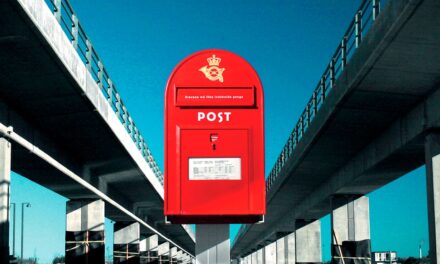
Itella To Reduce Carbon Dioxide Emissions By 10 Per Cent By 2012
The national postal operators of Finland, Germany, the Netherlands, France, Denmark, Switzerland, Belgium, Norway and Malta are committed to reducing their carbon dioxide emissions by 10 per cent in the next five years. Greenhouse gas emissions, i.e. carbon dioxide, represent 70 per cent of postal operators’ total environmental impact. Half of these CO2 emissions result from the use of road transport. PostEurop, the association of European public postal operators, coordinates the Greenhouse Gas Reduction Programme. Itella, Finland’s largest transport company, plays a major role in the development of pro-environmental logistics. The key goal of Itella’s environmental strategy is to reduce vehicle carbon dioxide emissions caused by the use of fossil traffic fuels. Methods of reducing fuel consumption include efficient route planning, combining transports, and training in ecological driving methods. Alternative fuels tested in use include electricity, natural gas and biodiesel. Energy consumption, recycling and waste management will also be enhanced in buildings while new environment-friendly services are developed, for instance in electronic communications. Itella has had excellent experiences of using biodiesel in test vehicles. As the first Finnish transport company to do so, Itella began the related trials in January 2007. The share of biodiesel has been increased from 10 per cent to 80 percent. Starting next week Itella will experiment with 100 per cent biodiesel. According to research results the production and use of biodiesel causes up to 40 per cent less CO2 emissions than ordinary fuel. Itella’s fleet in Finland comprises over 5,500 vehicles, covering around 100 million kilometres per year. In 2006, Itella’s carbon dioxide emissions totalled 98,000 tonnes in Finland, i.e. some 0.2 per cent of the CO2 emissions of the entire country, resulting from the use of fossil fuels in vehicles and the production of power and heat purchased for use on premises. On average, the delivery of one letter from sender to recipient produces 36 grammes of carbon dioxide, whereas an ordinary passenger car emits the same amount on a 200-metre journey.










